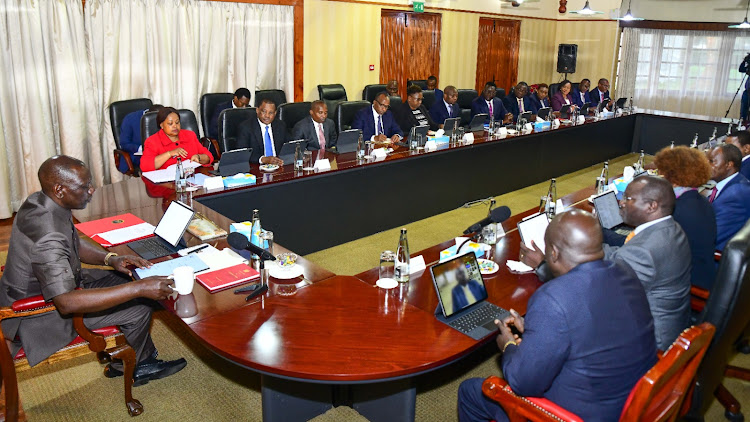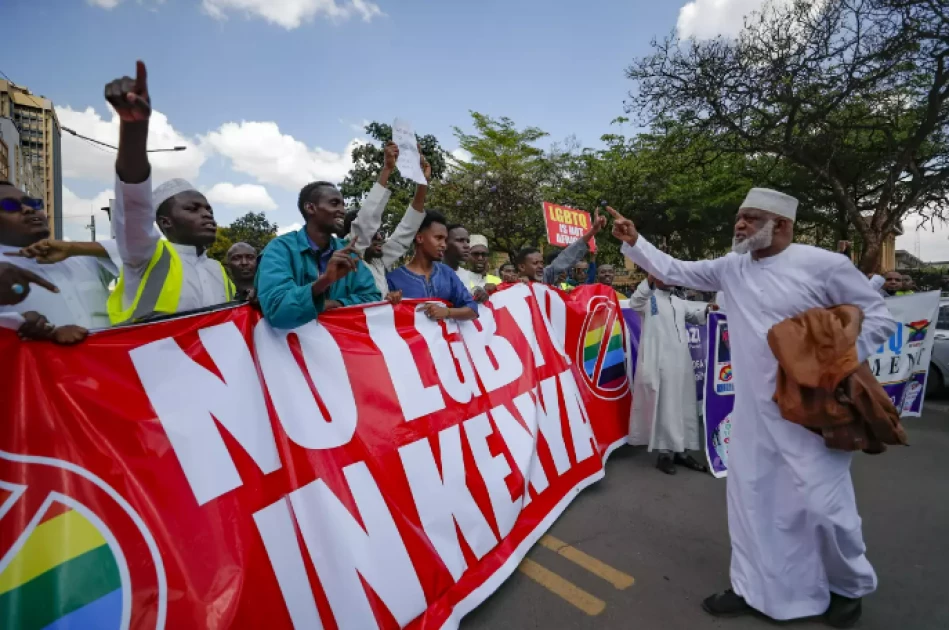COURT ISSUES ORDER TO STOP KDF DEPLOYMENT


In a significant legal and political development in Kenya, a court has intervened to halt the deployment of Kenya Defence Forces (KDF) following a petition by the Law Society of Kenya (LSK). This move underscores a clash between security imperatives and constitutional safeguards, setting the stage for a pivotal legal battle.
The Law Society of Kenya, led by President Faith Odhiambo, swiftly approached the courts seeking an injunction against the deployment of KDF soldiers. Their petition directly targeted Defence Cabinet Secretary Aden Duale and the National Assembly, accusing them of violating legal provisions in authorizing the military deployment. Central to their argument was the alleged failure to adhere to constitutional requirements outlined in Article 241(3)(b) and specific sections of the Kenya Defence Forces Act.
The controversy ignited with Defence Cabinet Secretary Aden Duale’s issuance of a gazette notice on June 25, 2024, which officially deployed KDF personnel to assist the National Police Service in quelling violent protests. Duale justified this action as a response to a declared security emergency arising from ongoing demonstrations that threatened critical infrastructure across Kenya.
However, the LSK’s petition contended that such a deployment required a more robust legal basis and thorough parliamentary scrutiny, which they argued was lacking. They emphasized that any decision to deploy the military must strictly adhere to constitutional provisions safeguarding civilian oversight and respect for human rights.
The court, in its directive, temporarily suspended the deployment pending a full hearing of the petition. This decision highlights the judiciary’s role in ensuring that government actions, especially those concerning national security and civil liberties, are conducted within the bounds of the law and subject to judicial review.
The involvement of the National Assembly further complicates the matter. Speaker Moses Wetangula faced accusations that he facilitated an expedited approval process for the deployment without adequate parliamentary debate or transparency. Rarieda Member of Parliament Otiende Amollo publicly criticized the Assembly’s handling of the issue, describing the approval as rushed and lacking in democratic scrutiny.
Amollo’s statement underscored broader concerns about legislative oversight and accountability in matters of national security. The perceived haste and lack of transparency in approving such a significant deployment raised questions about the balance between executive authority and parliamentary responsibility in Kenya’s democratic governance framework.
The court’s intervention reflects a delicate balancing act between maintaining public order and upholding constitutional rights. It signals a judicial insistence on procedural integrity and adherence to legal standards in decisions with profound implications for civil liberties and democratic governance.
Looking ahead, the outcome of this legal challenge will likely shape future protocols for deploying KDF forces within Kenya. It could set a precedent for clearer guidelines and stricter adherence to constitutional procedures in similar situations, ensuring that national security measures are implemented with due regard for legal safeguards and democratic principles.
As the case progresses through the courts, stakeholders will closely monitor how the judiciary navigates these complex issues, reaffirming the rule of law and constitutionalism in Kenya’s evolving political landscape. The resolution of this dispute will be pivotal in defining the boundaries of executive power and legislative oversight in matters of national security and civil liberties
















